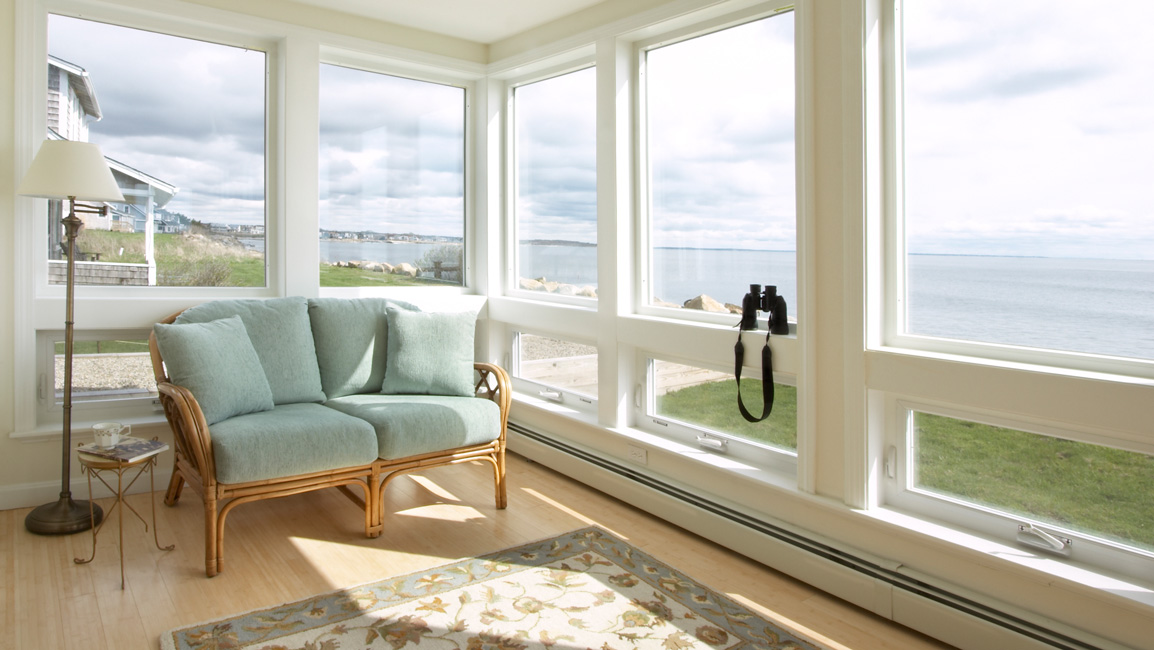Although Airbnb is one of the more widely known facilitators connecting those with a room or part of their house to let with suitable applicants through an app or a website, the following advice also applies to anyone renting out part of their house whether for a short term or longer.
The following tax issues are relevant to those who:
- own their own home
- live in it full time; and
- want to earn extra income by renting out a room other identifiable area
The major tax considerations are:
- Income Tax
- Capital gains tax
Income Tax – what can I claim?
Is the Rental income being charged on commercial terms?
Where the rental arrangement is at “arms-length” and thus the income is declared as taxable income, the following expenses can then be claimed.
- Expenses that are directly associated with the rented area – deductible in full.
- Expenses that relate to shared areas – apportionment required.
- Expenses that relate to the host’s private area only – not deductible.
Sheets and pillow for use in the rented room is one example of an expense that is directly associated with the rented area of the host’s home, and thus would be deductible in full.
Some examples of other expenses that may be deductible in full include:
- commercial cleaning of the rented area
- Coffee, tea, soaps etc provided for the renter
- repairs and maintenance;
- professional photography for the listing; and
- host service fees
- depreciation on furniture purchased for use in the rented room
Where there are expenses that relate to the entire property, apportionment is required. The ATO has indicated that floor space can be used as a general approach for apportioning expenses.
Some examples of expenses that relate to the entire property and thus may be deducted in this way include:
- mortgage interest;
- council rates;
- utilities and insurance
Expenses that relate to shared areas can be apportioned based on access i.e. if a host and a renter have equal access the deductions could be apportioned 50/50.
Examples of expenses that relate to shared areas only include the following
- depreciation on furniture and appliances located in shared areas;
- internet
Note expenses are only deductible where an area of the house is either actually rented out, or genuinely available for rent.
For example if the room was only available for 6 months of the year whilst a housemate is absent then a further apportionment of expenses is required.
Capital Gains Tax – what happens if I then sell my house?
The sale of a taxpayer’s primary residence is CGT-free under the main residence exemption if:
- the dwelling was their main residence for the entire time they owned it; and
- it was not used to produce assessable income.
However, as hosts are renting out part of their house on Airbnb, they are using a portion of it to produce assessable rental income and therefore would only be only eligible for a partial main residence exemption. This means that hosts may be taxed on a portion of any capital gain realised upon the sale of their main residence.
Assets purchased prior to 20 September 1985 are not subject to CGT, regardless of whether they are used to derive rental income.
However, where a homeowner having bought after 20 September 1985, then begins earning income from renting a portion any time after 20th August 1996, they will be required to obtain a market valuation at the date they first start earning income.
This is then taken to be their deemed cost base to be used in calculating any future capital gain. The calculation can be quite complex depending on the periods of time available for rent and the total portion of the house rented out.
Note that GST will generally only apply if the host is taken to provide “commercial residential premises” – which includes, among other things, accommodation that is a hotel, motel, inn, hostel or boarding house. Remember also that being registered for GST is subject to the host exceeding the $75,000 turnover threshold.
Remember we can help with any queries or specific questions you have on any of these situations.







